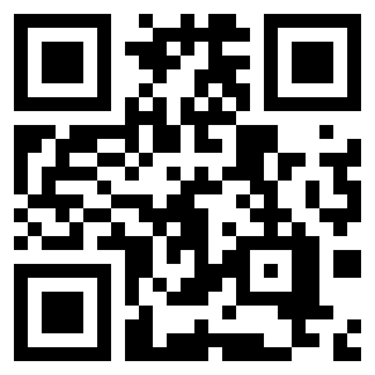UAE VAT Decision Regarding Reverse Charge Mechanism for Electronic Devices
Reverse Charge Mechanism under VAT
12/8/20232 min read


Recent UAE VAT Decision Regarding Reverse Charge Mechanism for Electronic Devices
Businesses involved in the sale of electronic devices must review their UAE VAT responsibilities following the implementation of a unique reverse charge mechanism outlined in Cabinet Decision No. 91 of 2023. Evaluating the impact on their VAT obligations, taxable persons should make requisite adjustments to their systems. Seek assistance from VAT consultants in Dubai to gain clarity on how the reverse charge mechanism affects electronic device transactions.
Herein, we aim to provide a comprehensive overview of the critical components of the Ministerial Decision, offering guidance to businesses seeking a streamlined process to achieve VAT compliance in the UAE. Delve deeper for valuable insights.
Reverse Charge under UAE VAT
Typically, businesses collect VAT from their end customers and remit it to the Federal Tax Authority (FTA) at a later stage. Conversely, with the Reverse Charge Mechanism, the obligation to remit the tax to the authority transitions to the buyer.
Under the Reverse Charge Mechanism, the buyer directly settles the tax with the Federal Tax Authority (FTA), adhering to the UAE VAT Law. Consequently, the supplier is exempt from paying VAT on imported goods. It's important to note that the Reverse Charge Mechanism applies exclusively to purchases made outside the UAE and cannot be implemented for locally conducted transactions.
What falls under the scope of “Electronic Devices?”
Article 1 of the Decision outlines the extent of the term 'electronic devices' within the framework of VAT in the UAE. The definition, as stipulated in Cabinet Decision No. 91 of 2023, encompasses mobile phones, smartphones, computer devices, tablets, and associated components. For a more detailed understanding of the definition of electronic devices, it is advisable to seek guidance from tax agents in Dubai.
How to implement a Reverse Charge for Electronic Devices?
If a supplier provides electronic devices to a registered recipient, and the recipient's intention is to either resell the products, use them, or incorporate them into the production or manufacturing of electronic devices, the following regulations will be enforced: (However, these provisions do not apply if the supply of electronic devices is taxed at zero rates in line with Clause 1 of Article 45 of Federal Decree-Law No. 8 of 2017).
• The supplier is relieved of the responsibility for tax reporting associated with the supply of electronic devices and is not obligated to include such tax in the tax return.
• The recipient assumes the responsibility for accounting for the tax on the value of the electronic devices received and is accountable for all tax obligations arising from such supply, including the reporting of due tax.
Essential Criteria for Implementing the Reverse Charge Mechanism
To utilize the special reverse charge mechanism, taxable persons must adhere to the following conditions:
• Prior to the supply date, the recipient of electronic devices is required to:
(1) furnish the supplier with a written declaration outlining the intention for the electronic devices' use and
(2) confirm their VAT registration with the FTA.
• Before the supply date, the supplier of electronic devices is required to:
(1) receive and retain the declarations and
(2) verify the recipient's registration for electronic devices using FTA-approved methods.
When does the Decision come into effect?
The Decision, published on August 25th, 2023, will take effect 60 days after its publication.
Address
Faisal 2 Bldg, Office No 203, King Faisal St, Al Nad- Al Qasimia, Sharjah, UAE
Level 17, World Trade Center, Khalifa Bin Zayed, the first street- Abudhabi
Unit 32 -
4th Floor, AWR Properties - Al Fahidi Heights Office Tower, beside Central Mall ,near Sharaf DG metro station exit 4,Dubai ,U.A.E
Contacts
info@alwahataudit.com
+971589373943
We empower you to make well-informed decisions and successfully attain your financial objectives.


All copyrights reserved @Al-Wahat Accounts & Internal Audits | Designed - Abhijith.digital
Subscribe to our newsletter


